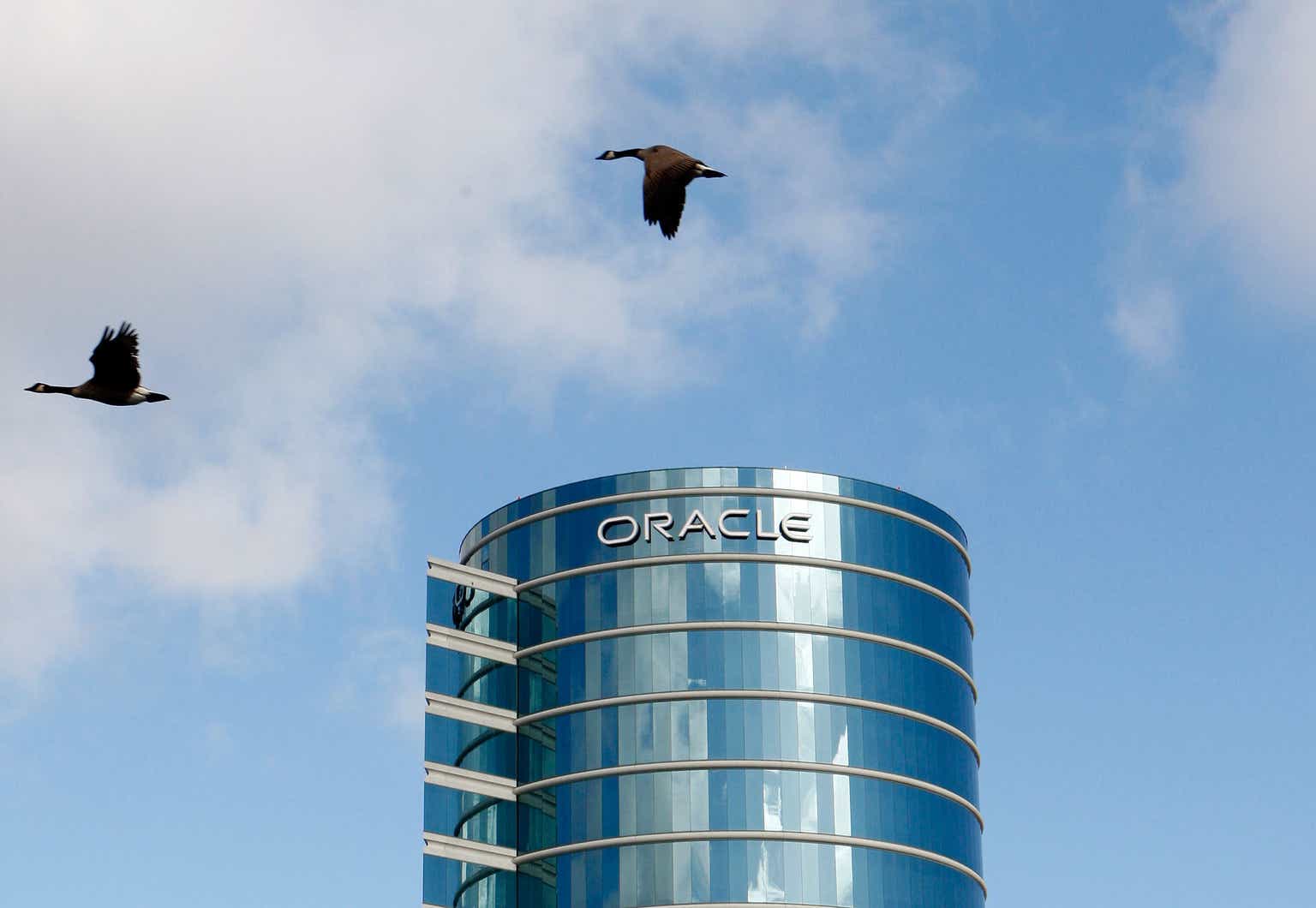Effective event management is crucial for the success of any gathering, large or small. Meticulously planning logistics and marketing can significantly enhance an event’s impact.
Mastering event logistics involves precise coordination of resources and schedules, while innovative marketing strategies capture audience attention and drive engagement. Both elements are indispensable for creating memorable experiences.
Streamlining Event Logistics for Smooth Operations
Efficient event logistics management, a cornerstone of successful gatherings, starts with clear objectives. Leveraging cutting-edge tools for resource management ensures seamless execution, allowing planners to anticipate and mitigate potential issues swiftly, focus on delivering exceptional attendee experiences, and achieve event goals with confidence.
Selecting the Right Tools for Event Coordination
Navigating event logistics can be daunting—choosing the right tools ensures smooth execution and outstanding experiences.
Leveraging platforms that streamline communication, automate tasks, and provide real-time analytics simplifies the process and enhances your team’s workflow, enabling you to focus on strategic decisions.
Incorporating specialized software for ticketing, scheduling, and CRM ensures that every aspect of your event is covered—boosting efficiency, reducing errors, and elevating attendee satisfaction.
Vendor and Venue Management
Effective vendor and venue management is crucial for successful events. Building strong partnerships can lead to seamless coordination and enhanced event experiences.
Here’s a breakdown of key areas:
- Vendor Contracts: Ensure clear terms and conditions.
- Site Visits: Conduct thorough inspections.
- Communication Plans: Establish regular updates.
- Contingency Plans: Prepare for unexpected changes.
- Budgeting: Maintain transparent financials.
Managing Event Ticketing and Registration
Successful event management requires precision and foresight in managing ticketing and registration. How can we achieve this optimization? In recent years, industry professionals have increasingly relied on advanced ticketing platforms.
Today, it’s more critical than ever to offer a seamless registration experience. Using an integrated system can significantly enhance the attendee journey, from initial sign-up to event-day check-ins. Adopting these systems not only saves time but also provides valuable data insights.
While many event organizers have used industry giants for these tasks, it’s important to consider the full range of options available to best suit specific needs. For those looking to explore different platforms, resources like the fareharbor alternatives comparison guide offer a comprehensive look at the various tools available in the market. This guide helps compare features, pricing, and user experience, allowing event organizers to find the platform that best fits their event requirements.
Effective Marketing Strategies to Maximize Event Attendance
Effective marketing is key to ensuring high attendance at any event. To achieve this, a blend of digital and traditional strategies can help broaden your reach and engage potential attendees.
Here’s a list of effective marketing strategies to maximize event attendance:
- Leverage social media channels: Use platforms like Facebook, Twitter, and Instagram to generate buzz and engagement around your event. Ensure your content is easily shareable to increase visibility and reach your target audience.
- Craft personalized email campaigns: Tailor your email messages to engage potential attendees. By segmenting your mailing list based on demographics and past behavior, you can create relevant content that resonates with each group. Personalized invites and follow-ups can significantly boost registration numbers.
- Incorporate influencers and industry partners: Partner with influencers and prominent figures in your industry to extend your event’s reach. Their endorsements add credibility and spark interest, making potential attendees more likely to register.
- Diversify promotional efforts: Use a combination of traditional and digital marketing channels to reach different audiences. Maintain a consistent brand message across all communications, building professionalism and excitement for the event.
Combining Logistics and Marketing for Event Success
Integrating logistics with marketing strategy, a cornerstone of exceptional event management, ensures holistic execution. Synchronizing these two critical elements amplifies operational efficiency while enhancing promotional impact.
By aligning logistical planning with marketing timelines, you can create synergies that elevate the attendee experience, fostering memorable engagements and long-lasting impressions.
Data-Driven Decision Making
Harnessing the power of data is paramount to successful event management. By leveraging analytics, you can drive informed, strategic decisions that propel your event to new heights.
Here’s a breakdown of the key areas:
- Attendee insights: Capture and analyze data on preferences, behaviors, and demographics to tailor your event.
- Real-time metrics: Utilize live data analytics to make adjustments dynamically during the event.
- Post-event analysis: Assess feedback and performance metrics for continual improvement.
- Automation tools: Implement systems that streamline data collection and interpretation, saving time and reducing error.
Choosing the Right Partners for Event Growth
Engaging the right partners is vital for accelerating event growth and achieving success. It’s essential to meticulously analyze potential partners’ track records and industry relevance, ensuring they align with your goals.
One key area that can significantly boost your event’s visibility and reach is digital marketing, and working with an experienced SEO agency can enhance your online presence, driving more traffic to your event pages. By optimizing your event’s visibility across search engines, an agency like this can help you attract a wider audience.
Locking in partners who share your vision ensures seamless collaboration, resonating deeply with your audience and elevating brand credibility. Pursuing mutually beneficial relationships can lead to an array of advantages — from a boost in resource availability to expanded networks and impactful co-marketing efforts.
Post-Event Analysis and Continuous Improvement
Reviewing post-event feedback is essential to identifying successes and pinpointing areas for improvement, ensuring each subsequent event is more impactful, streamlined, and well-executed, with an ever-increasing level of participant satisfaction.
Leveraging insights from post-event analysis drives practical refinements and innovative enhancements, fueling sustained growth and achieving excellence.
Gathering Feedback from Attendees
Engaging with attendees to gather their feedback is vital for improving future events. Ensuring a seamless, accessible process for feedback collection is a top priority.
This can be facilitated through various methods such as surveys and interviews. These platforms should be designed to capture both quantitative ratings and qualitative insights.
Surveys can be distributed via email or mobile apps, allowing attendees to provide their opinions conveniently and promptly. Additionally, consider conducting brief post-event interviews with a selection of participants.
Measuring ROI on Marketing Campaigns
Calculating the return on investment (ROI) for marketing campaigns requires a meticulous approach to ensure accuracy. This nuanced evaluation is crucial for understanding the efficacy of various marketing efforts.
ROI can be measured using standard quantitative metrics. Developing a robust framework to assess the monetary impact generated by the campaigns across diverse channels aids in refining strategies. This calculation helps prioritize resources, enhance targeting, and maximize the utilization of marketing budgets.
Advanced analytics tools are indispensable in this endeavor, providing critical insights into the performance metrics of each campaign. It is paramount to track both direct and indirect contributions to revenue, allowing a holistic view of marketing effectiveness.
Conclusion
Steering through logistical intricacies and executing effective marketing strategies are essential for the seamless orchestration of any event. Mastery over these domains not only ensures operational efficiency but also magnifies the potential for captivating attendee experiences.
The combination of thoughtful logistics and innovative marketing techniques will inevitably pave the way for transformative events that leave lasting impressions and drive substantial returns. Let these strategies fuel your journey to orchestrate exceptional and unforgettable events.


















